– “Every one of Europe’s problems stems from the Russia-Ukraine war. What we see today in Europe — stagnation, inflation, rising food prices, high energy costs — all of it comes from the war,” Prime Minister Viktor Orban told the Patrióta YouTube channel, in his recent interview. He recalled that he did not travel to Kyiv a year ago to meddle in someone else’s affairs, in the Russia-Ukraine war, but rather because it is an issue in which Hungarians have suffered losses. That, he said, gave him the right to visit Kyiv as the freshly inaugurated president of the European Union, and then to try to initiate some peace process—or at least a ceasefire—in Moscow, Beijing, and with the future U.S.president.
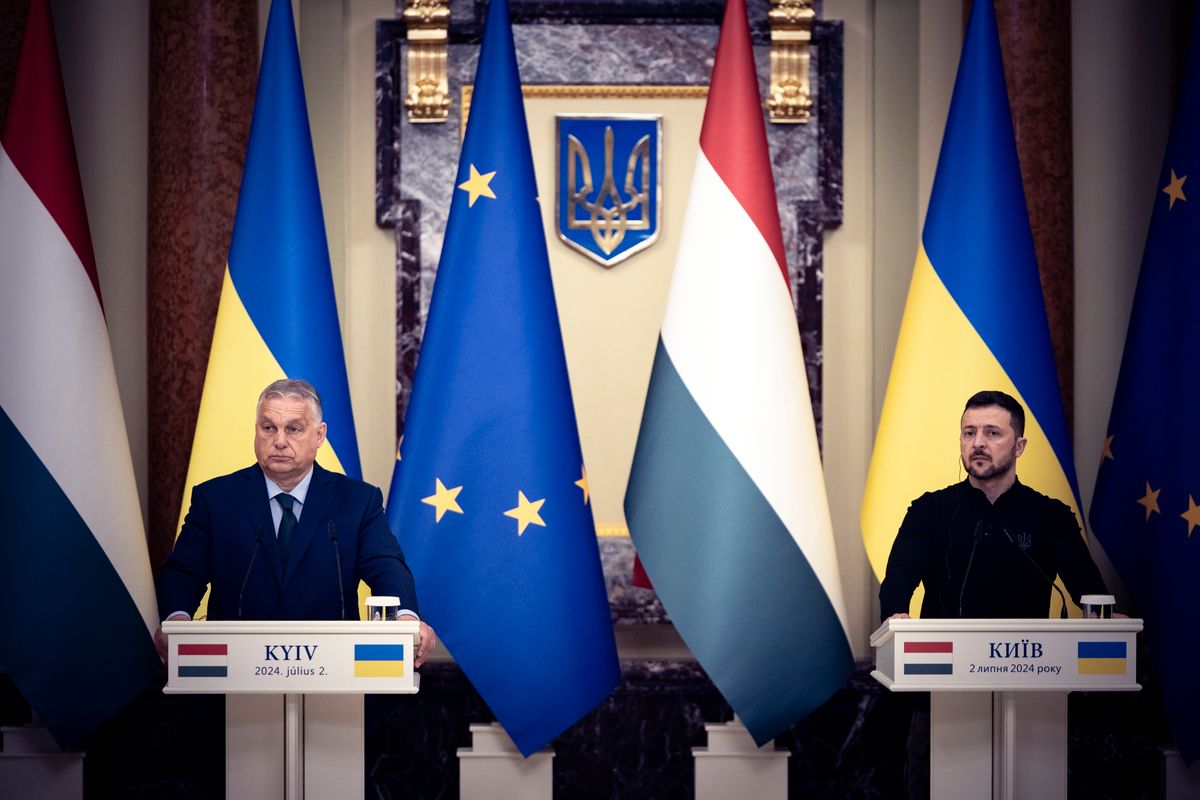
During his visit to Kyiv, he told the Ukrainian president that time was not on his side, that Ukraine’s position was deteriorating with each passing day, that Russia was winning on the battlefield, and that Ukraine could not win this war. He offered to help facilitate a ceasefire and peace, but Volodymyr Zelensky declined, convinced that time was in his favor. According to Mr. Orban, the reason for this rejection is that
a new type of political personality has emerged with the Ukrainian president, one he encountered for the first time.
“He might be called an ‘influencer politician’ or an ‘actor politician’ — a personality whose background did not prepare him for the role he later had to play, especially in the middle of a war. And yet, he chose to take on the role, essentially performing the role of a president,” PM Orban pointed out.
– “When I tried to speak with him more deeply about the broader context, I saw that it wasn’t working. I was really standing or sitting across from a comedian,” Mr. Orban recalled. In his view, Ukrainians now place their hopes in German support, as they can no longer count on the United States the way they once did. He emphasized that
Ukraine’s only chance lies in keeping the Europeans engaged in the war.
He called it a transatlantic fracture that the countries on either side of the Atlantic — the United States and Europe — have taken divergent strategic paths on such an important issue. “America is on the path to peace, and we are walking the path of war,” PM Orban declared, adding that this European-American split will leave Europe on its own, and Europeans will have to face all the negative consequences of the war — financial, economic, and public safety difficulties — alone.
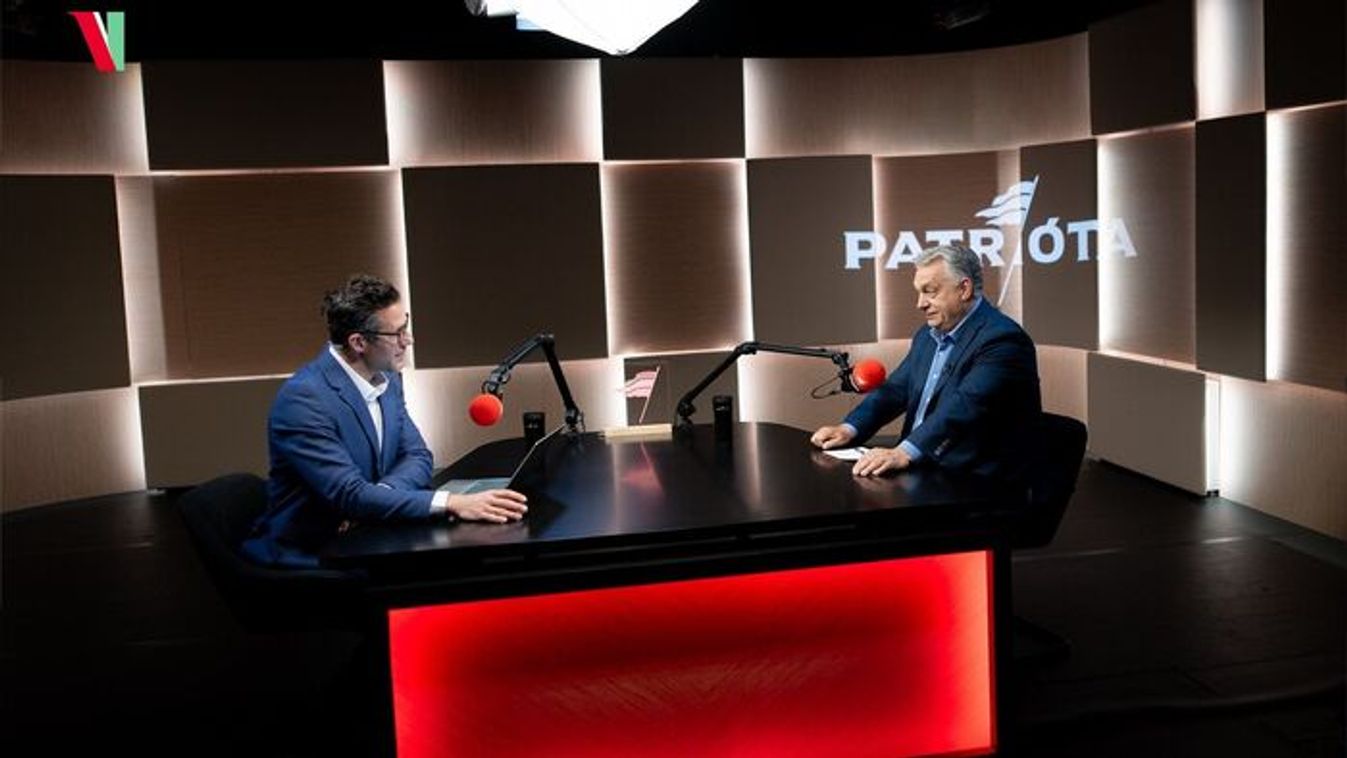
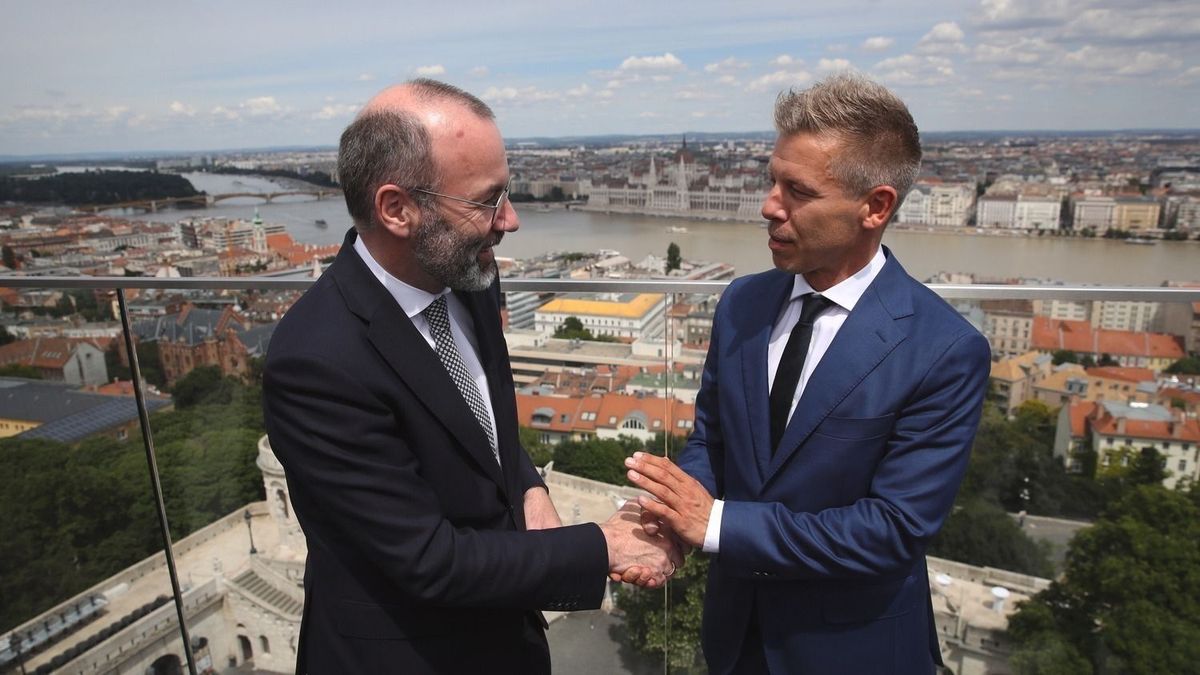
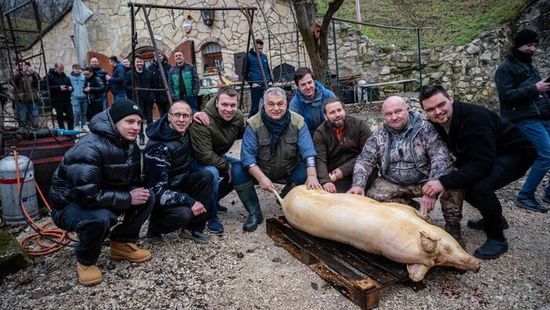
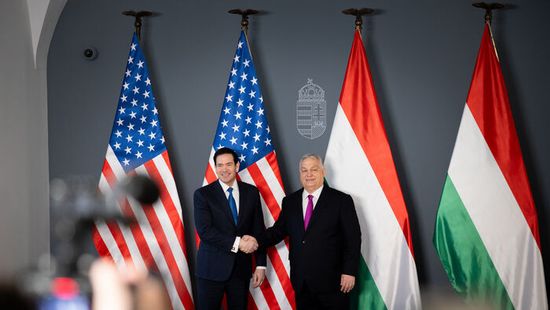
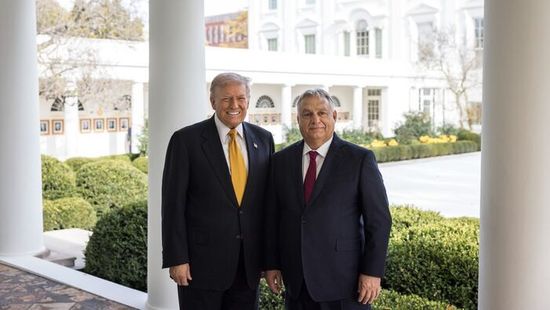
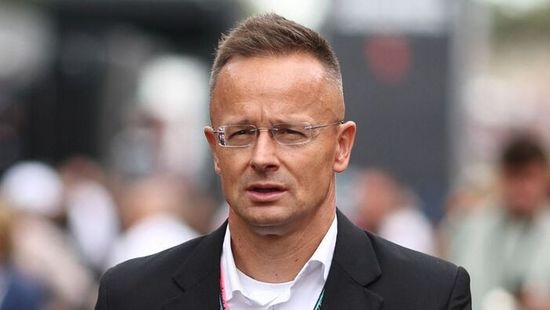

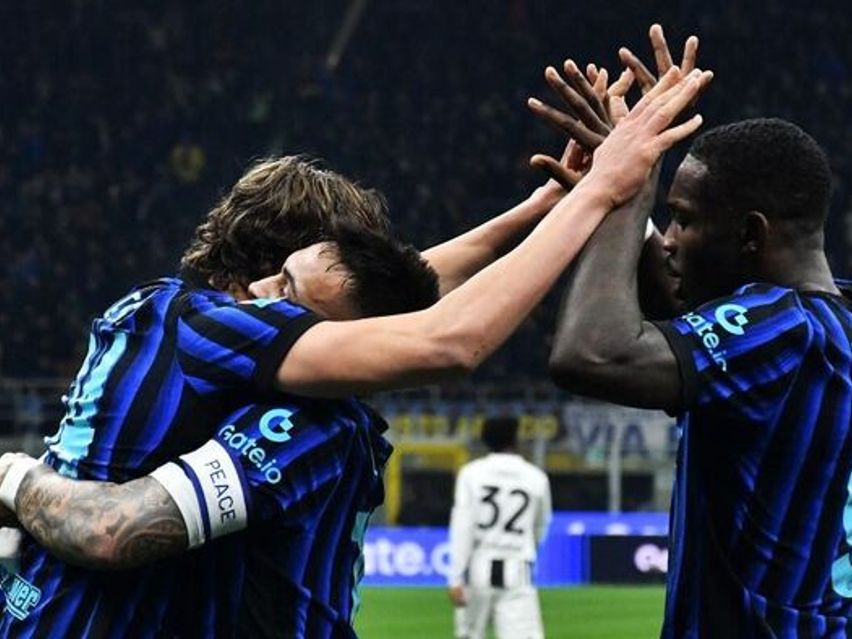
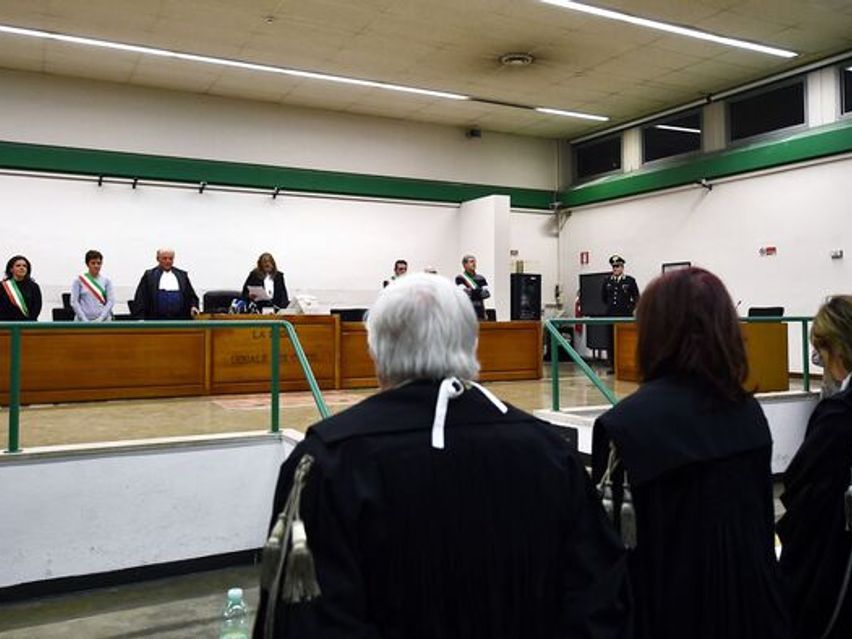
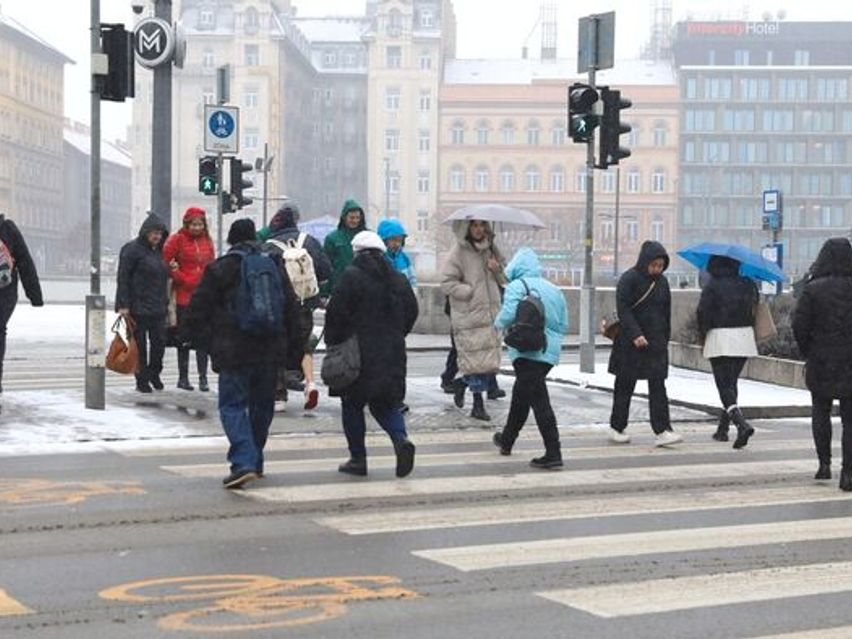
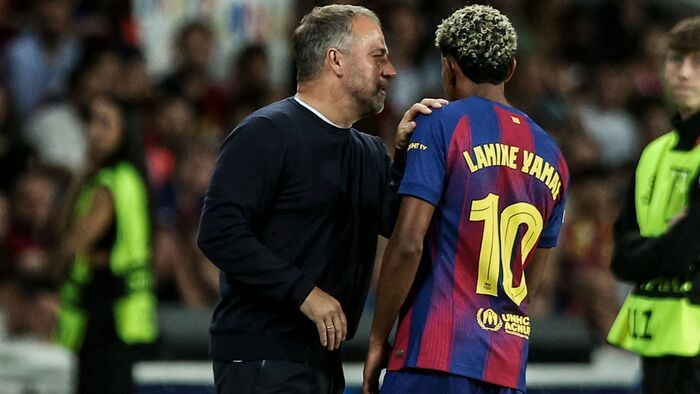

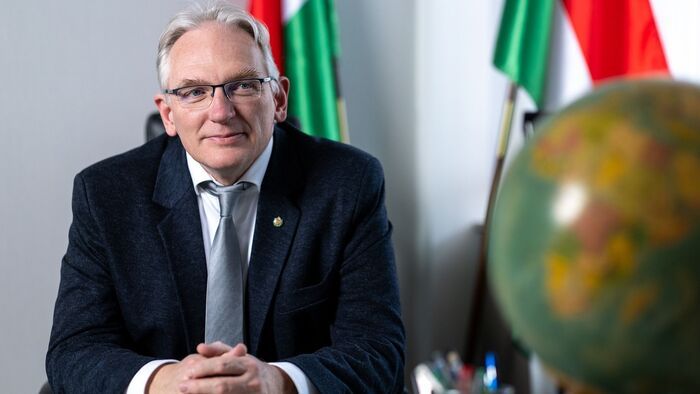
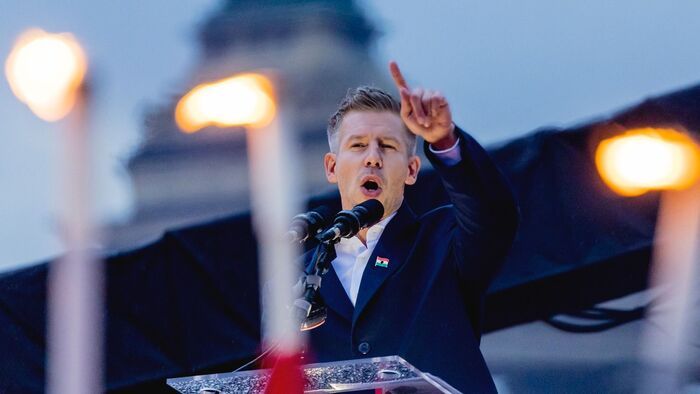
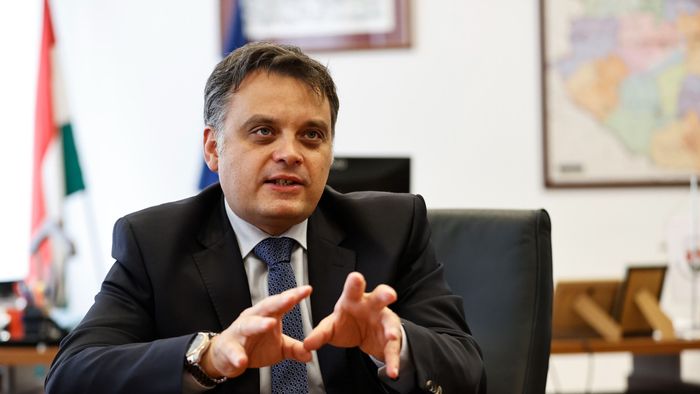
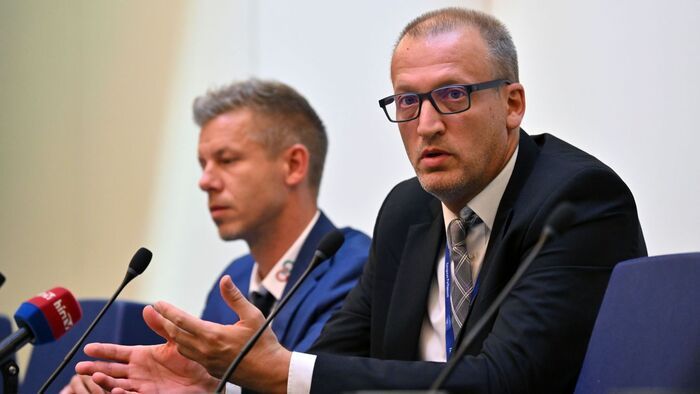
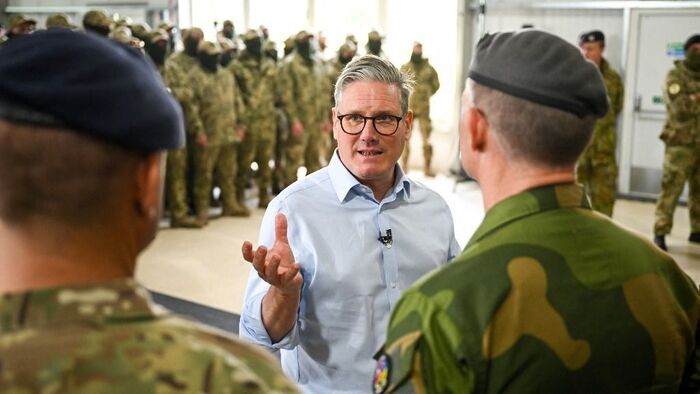
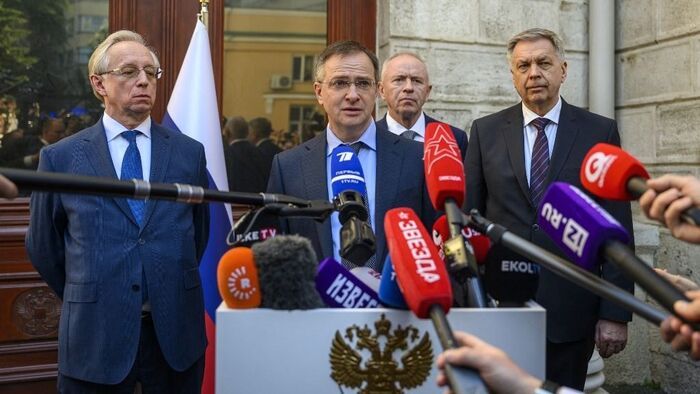
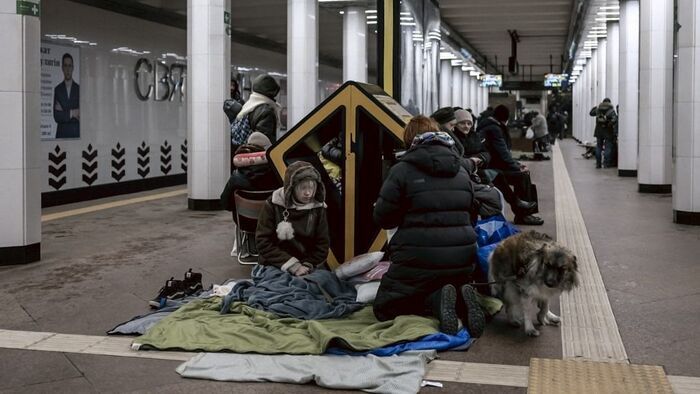


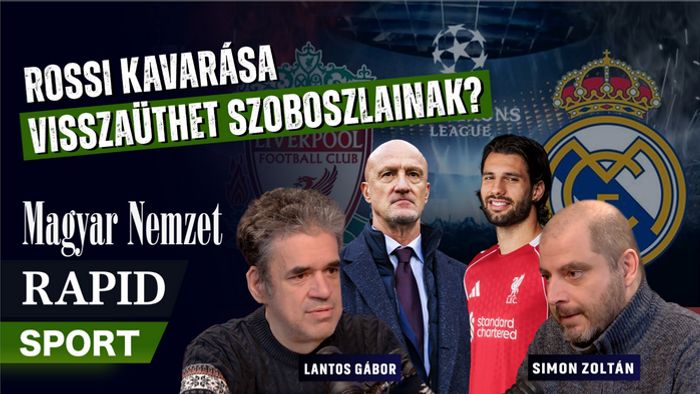
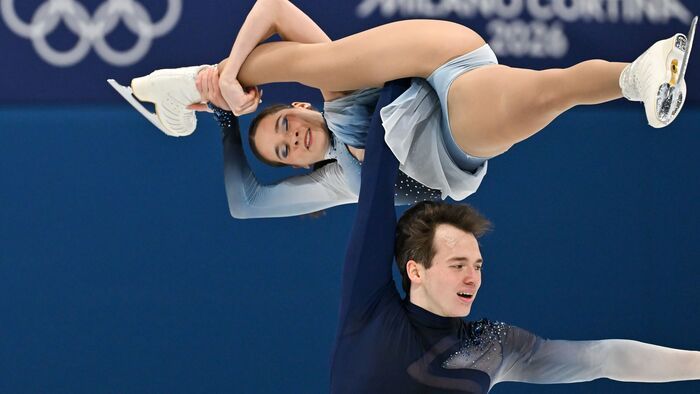

Szóljon hozzá!
Jelenleg csak a hozzászólások egy kis részét látja. Hozzászóláshoz és a további kommentek megtekintéséhez lépjen be, vagy regisztráljon!